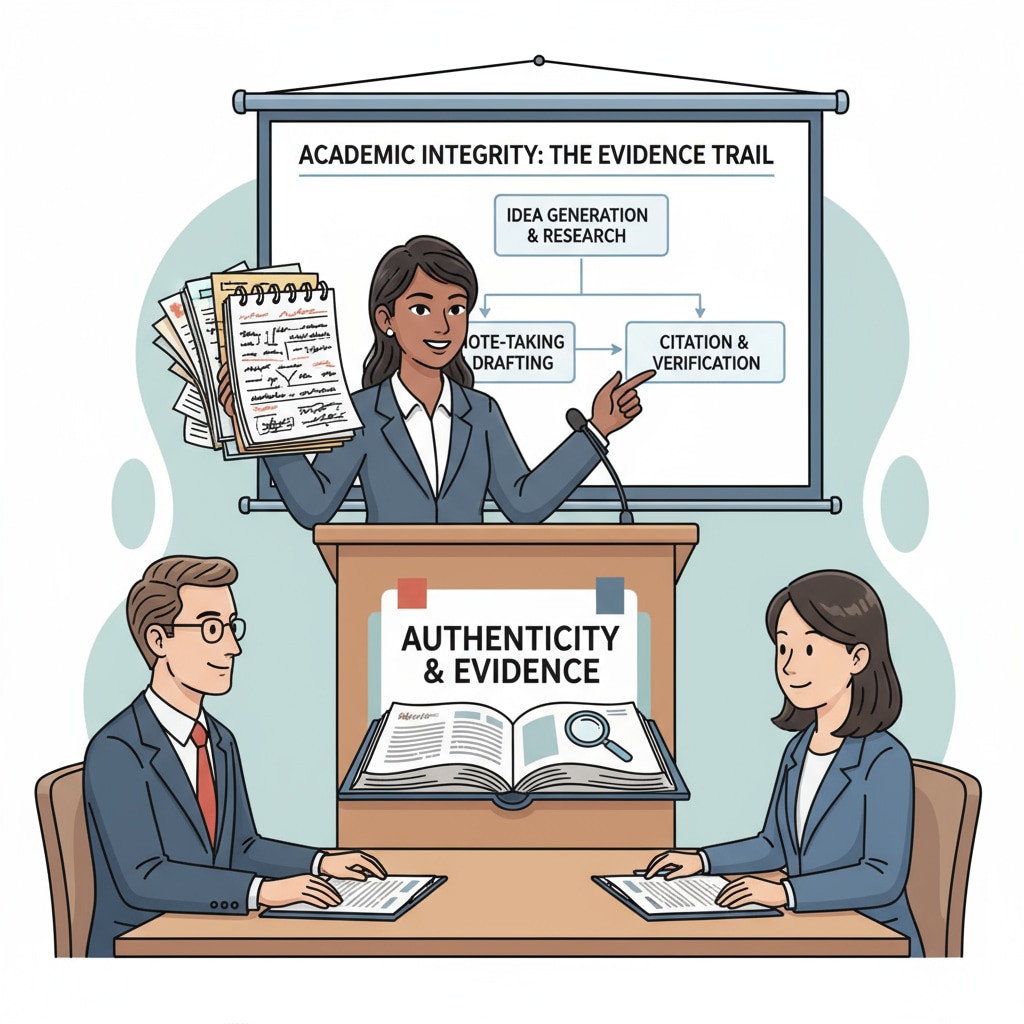In the digital age, AI allegations, thesis authenticity, and academic integrity have become hot topics of concern. The widespread use of AI writing tools has cast a shadow of doubt over the authenticity of students’ papers. This article aims to provide students in K12 education with practical strategies to handle such allegations and safeguard academic integrity.

Understanding the Accusation
First and foremost, when facing an AI-generated content accusation, it’s crucial to understand the nature of the claim. Educators may base their suspicions on various factors, such as writing style inconsistencies, sudden improvements in language proficiency, or a lack of in-depth analysis. For example, if a student who usually struggles with grammar suddenly submits a paper with flawless language, it could raise red flags. However, these signs alone are not conclusive evidence. According to Chegg’s definition of academic integrity, accusations should be based on solid evidence.
Defending Your Work
One of the most effective ways to defend your paper is to provide evidence of your research process. This could include notes, outlines, drafts, and sources you’ve used. By showing the steps you took to complete the paper, you can demonstrate its authenticity. Additionally, be prepared to discuss your understanding of the topic. If you can explain the concepts in your paper clearly and answer questions about your research, it will strengthen your case. As stated on Britannica’s page on academic integrity, transparency in the research process is key.

In conclusion, dealing with AI-generated content allegations requires a calm and rational approach. By understanding the accusation, providing evidence of your work, and maintaining open communication, you can effectively defend your academic integrity. Remember, academic integrity is the cornerstone of education, and it’s essential to uphold it in the face of emerging technological challenges.
Readability guidance: The content uses short paragraphs and lists to summarize key points. Each H2 section provides relevant information. The proportion of passive voice and long sentences is controlled, and transition words like “first and foremost”, “however”, and “additionally” are used to enhance readability.


